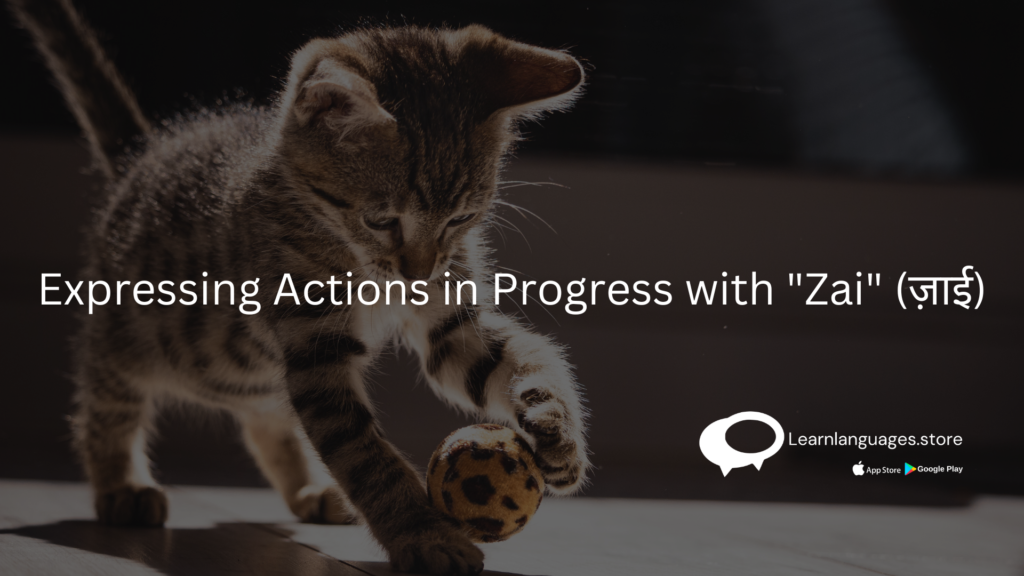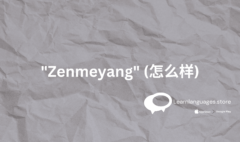Expressing Actions in Progress with “zai”
Expressing Actions in Progress with “zai”
Estimated reading time: 3 minutes

Understanding 在 (zài) and 正在 (zhèngzài)
在 (zài) and 正在 (zhèngzài) can be used as auxiliary verbs in Chinese to express that an action is ongoing or in progress. This usage is similar to the present continuous tense in English, which indicates that an activity is happening right now.
You can use 正在 (zhèngzài) instead of just 在 (zài) to add more emphasis to the ongoing action, suggesting that it is happening at this very moment.
Grammar Structure
- Subj. + 在 + Verb + Obj.
- Subj. + 正在 + Verb + Obj.
Examples
- 她 在 看 书。
- Pronunciation: Tā zài kàn shū.
- Meaning: She is reading.
- 妈妈 在 打 电话。
- Pronunciation: Māma zài dǎ diànhuà.
- Meaning: Mom is making a phone call.
- 谁 在 里面 洗澡?
- Pronunciation: Shéi zài lǐmiàn xǐzǎo?
- Meaning: Who is taking a shower in there?
Detailed Grammar Explanation
在 (zài) and 正在 (zhèngzài) are commonly used in Chinese to indicate that an action is currently happening. Here’s a simple breakdown:
- 在 (zài) is used to indicate an ongoing action in a general sense.
- 正在 (zhèngzài) is used to emphasize that the action is happening right now, at this very moment.
While both forms are correct and often interchangeable, 正在 (zhèngzài) tends to highlight the immediacy of the action.
More Examples with Humor
- 她 在 吃 披萨。
- Pronunciation: Tā zài chī pīsà.
- Meaning: She is eating pizza.
- Funny Twist: “She is eating pizza… for the fifth time today!”
- 老板 在 开会,偷偷 玩 手机。
- Pronunciation: Lǎobǎn zài kāihuì, tōutōu wán shǒujī.
- Meaning: The boss is in a meeting, secretly playing on his phone.
- 他 在 学 中文,猫 在 看 着。
- Pronunciation: Tā zài xué Zhōngwén, māo zài kàn zhe.
- Meaning: He is studying Chinese, and the cat is watching.
- Funny Twist: “He is studying Chinese, and the cat looks like it understands better than him!”
Exceptions
- Stative Verbs: 在 (zài) and 正在 (zhèngzài) are not used with stative verbs (verbs that describe a state rather than an action, like “know” or “believe”).
- Aspect Particle “了” (le): When the action’s completion or change of state needs to be emphasized, 在 (zài) and 正在 (zhèngzài) are not appropriate. Instead, the aspect particle “了” (le) is used.
Learn Languages Store
Vashi,
Email: services@learnlanguages.store










